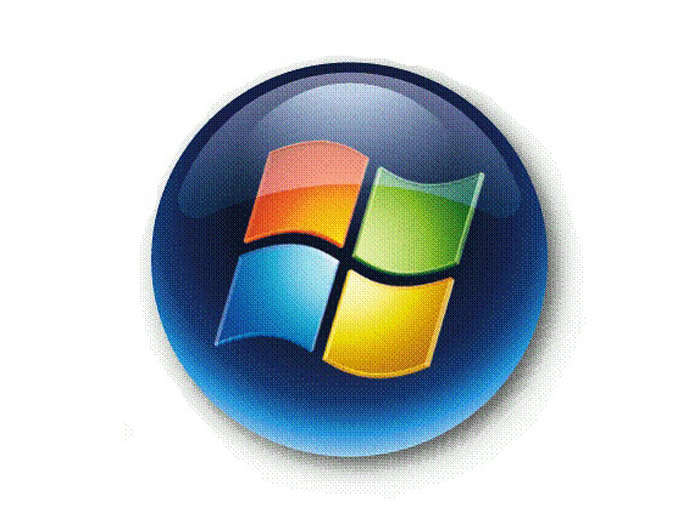The day the desktop PC era ended?

Contained within Microsoft's results yesterday, was a much-predicted killer sentence: "Client revenue declined 8 per cent as a result of PC market weakness and a continued shift to lower priced netbooks".
That's Microsoft telling the world its Windows business is in decline as people switch from buying PCs and laptops running Vista to picking up netbooks running Linux or Windows XP.
But is it a temporary problem caused by people cutting back on expensive kit in a recession, or the first proper sign of changes that threaten Microsoft's future?
The first problem for Microsoft is how little money it makes from netbooks when 30 per cent of them run Linux and many of the rest run the older and cheaper Windows XP. Some estimates put Microsoft's take from a netbook at around $60, compared to $90 for a laptop or desktop, which is extremely bad news when a netbook sale is also someone who's not buying a laptop or PC, or even a copy of Office.
No end in sight
The worse news for Microsoft is there's no end in sight. Even if Microsoft is able to buck the trend and sell netbooks with Windows 7, it's unlikely to get anything like the $90 per machine it's been used to. At the same time, there's a question mark over the need for an all-singing, all-dancing OS on something that's mainly for using the web.
The question for Microsoft is whether this shift is cyclical or structural: whether it's people temporarily cutting back on PC purchases when money's tight, or whether it's the first real blow inflicted to its core business by the rise of cloud computing.
Sign up for breaking news, reviews, opinion, top tech deals, and more.
The best hope for Microsoft is that it's the former, so that when the economy rebounds Windows 7 will drive it on to new heights, as per usual.
But the problem is recessions make people think about what they doing, and these days there's a vast array of good-enough non-proprietary software and web tools around.
Rise of the netbook
If users find they can get along fine via the cloud and cheap hardware, then that's what they'll continue to do when the recession ends. Laptops will continue to eat into desktop sales, and netbook sales will continue to eat into both, because laptops and netbooks are how people work in the cloud.
Apple, which ceased depending on the desktop a long time ago, can afford to affect disinterest in netbooks when it's busily shifting iPhones and iPods. Microsoft is not so lucky.
That's why yesterday will be seen as the day the desktop PC era ended. If Microsoft wants not to follow it, then it's also the day Windows 7 became something Microsoft simply cannot afford to get wrong.